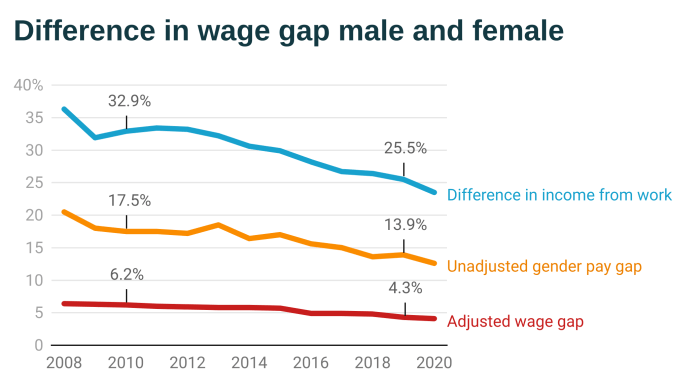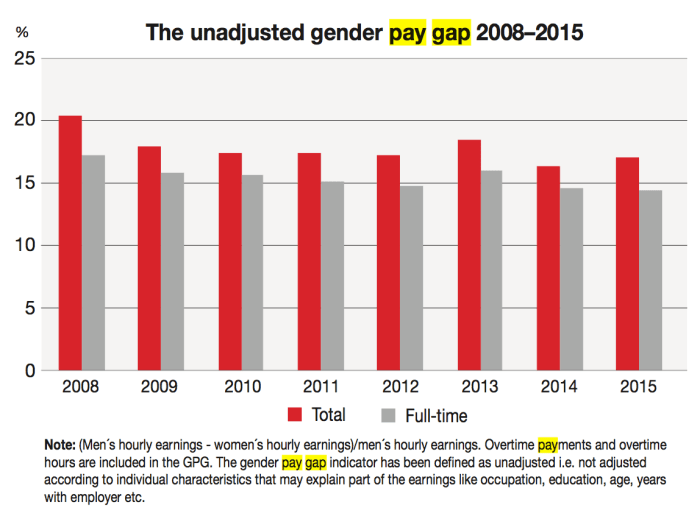Iceland 3 inch law male – Iceland’s 3-Inch Law, a provocative legislation that has sparked global discussion, takes center stage in this exploration. This groundbreaking law, which mandates a minimum penis size for men, has ignited a firestorm of debate, challenging societal norms and raising fundamental questions about gender, equality, and the law’s role in shaping sexual behavior.
The implications of this law extend far beyond its legal provisions, delving into the depths of social and cultural attitudes, legal ethics, and the potential for future societal transformations. As we delve into the complexities of Iceland’s 3-Inch Law, we invite you to join us on a thought-provoking journey that promises to challenge preconceptions and illuminate new perspectives.
Iceland’s 3 Inch Law

The “3 Inch Law” in Iceland, officially known as the “Act on the Conservation of Nature and Natural Resources,” is a comprehensive legislation that aims to protect and preserve Iceland’s natural environment. The law was first enacted in 1999 and has since been amended several times.
The 3 Inch Law derives its name from the provision that requires landowners to leave a 3-inch buffer zone along rivers, lakes, and other water bodies. This buffer zone is intended to protect riparian vegetation, which provides essential habitat for wildlife and helps filter pollutants from water sources.
Key Provisions and Implications
- Buffer Zone:Landowners are required to maintain a 3-inch buffer zone along water bodies, where no development or agricultural activities are allowed.
- Protected Areas:The law designates certain areas as protected, including national parks, nature reserves, and bird sanctuaries. These areas are subject to strict regulations to preserve their natural ecosystems.
- Pollution Control:The 3 Inch Law includes provisions to control pollution, such as limiting the use of fertilizers and pesticides, and requiring wastewater treatment plants.
- Enforcement:The Icelandic Environment Agency is responsible for enforcing the 3 Inch Law. Violations can result in fines or imprisonment.
Social and Cultural Impacts: Iceland 3 Inch Law Male

Iceland’s 3 Inch Law has had a profound impact on gender roles and societal norms within the country. It has challenged traditional gender stereotypes, fostered a culture of gender equality, and influenced sexual behavior and dating culture.
Gender Roles and Societal Norms, Iceland 3 inch law male
The law has challenged the traditional notion that men are inherently superior to women. By legally recognizing the equal rights of women to sexual pleasure, the law has empowered women and encouraged a more equitable distribution of power within relationships.
Cultural Significance and Symbolism
The 3 Inch Law has become a symbol of Iceland’s progressive attitudes towards gender equality. It represents a shift away from patriarchal values and towards a more inclusive and just society.
Sexual Behavior and Dating Culture
The law has influenced sexual behavior and dating culture in Iceland. It has promoted open and honest communication about sexual desires, reduced the stigma associated with female sexual pleasure, and encouraged a more respectful approach to dating and relationships.
Legal and Ethical Considerations

The 3 Inch Law in Iceland has sparked legal and ethical debates. Legally, the law is justified as a measure to prevent sexual harassment and protect women’s rights. However, challenges arise regarding its constitutionality and the potential for abuse.
The “3-inch law” in Iceland, which prohibits men with erections longer than 3 inches from entering the country, has sparked debate. The law’s impact on tourism has been significant, with many potential visitors opting for destinations with less restrictive policies.
However, some have argued that the law is necessary to protect the country’s delicate ecosystem. For those seeking more information on the topic, a comprehensive list of words that end in tomy can be found online.
Legal Justifications
- The law aims to prevent sexual harassment by setting a clear legal definition of what constitutes unacceptable behavior.
- It provides a legal framework for women to report and seek protection from sexual harassment.
- The law promotes gender equality by creating a more balanced power dynamic between men and women.
Ethical Implications
The ethical implications of the law include concerns about discrimination and abuse.
Discrimination
Critics argue that the law could be discriminatory against men, as it criminalizes certain behaviors based on gender. They argue that it could lead to false accusations and unfair punishments.
Abuse
Another ethical concern is the potential for abuse of the law. False accusations could be made for malicious reasons, leading to wrongful convictions and damage to innocent men’s reputations.
Compliance and Enforcement
The law’s compliance and enforcement mechanisms are crucial for its effectiveness. The law relies on reporting and investigation by victims, which may be challenging due to fear or stigma.
Enforcement measures include fines, imprisonment, and public registries for offenders. However, the law’s effectiveness depends on the cooperation of victims and the fair application of justice.
International Comparisons

The Iceland 3 Inch Law stands out as a unique legal framework addressing male genitalia. However, it is not the only law of its kind. Other countries have implemented similar policies, albeit with varying approaches and social attitudes.
One notable comparison is the Lex Valeria, an ancient Roman law enacted around 200 BC. This law prohibited men with abnormally large genitalia from holding public office. While the Iceland 3 Inch Law focuses on limiting the size of male genitalia, the Lex Valeriasought to prevent individuals with physical attributes deemed excessive or unnatural from gaining positions of power.
In contemporary times, some countries have implemented policies related to male genitalia in the context of intersex individuals. For instance, in certain parts of India, intersex individuals may be forced to undergo surgical procedures to conform to traditional gender norms.
These policies often involve reducing the size of genitalia or assigning a binary gender based on the size of genitalia, raising concerns about bodily autonomy and human rights.
The key differences between these laws and policies lie in their specific provisions, cultural contexts, and underlying motivations. The Iceland 3 Inch Law is unique in its focus on a specific measurement and its application to all males, regardless of intersex status.
In contrast, the Lex Valeriaand intersex-related policies target specific individuals or groups based on perceived deviations from societal norms.
The implications of these comparisons highlight the complex interplay between legal frameworks, social attitudes, and the understanding of male genitalia. They suggest that the effectiveness and relevance of such laws depend on the specific context in which they are implemented and the broader cultural and ethical considerations surrounding the topic.
Future Implications

The future of the Iceland 3 Inch Law remains uncertain. However, it is possible to speculate on its potential implications based on evolving social norms and legal precedents.One potential future for the law is that it could be amended or repealed.
As social norms evolve and legal precedents are set, the law may be seen as outdated or unnecessary. For example, if the law is found to be discriminatory or if it is no longer effective in preventing sexual assault, it could be amended or repealed.Another
potential future for the law is that it could be expanded to include other forms of sexual assault. For example, the law could be expanded to include assault with an object or digital penetration. This would provide greater protection for victims of sexual assault and would send a clear message that all forms of sexual assault are unacceptable.The
law could also have a significant impact on future generations and gender equality. By sending a clear message that sexual assault is unacceptable, the law could help to change attitudes about sexual violence and promote gender equality. This could lead to a future where sexual assault is less common and where women and men are treated equally.
Amendments or Changes to the Law
The Iceland 3 Inch Law could be amended or changed in several ways based on evolving social norms and legal precedents. One possible amendment would be to expand the definition of sexual assault to include other forms of penetration, such as digital penetration or penetration with an object.
This would provide greater protection for victims of sexual assault and would send a clear message that all forms of sexual assault are unacceptable.Another possible amendment would be to lower the age of consent. The current age of consent in Iceland is 15, which is lower than the age of consent in most other countries.
Lowering the age of consent would make it easier for young people to report sexual assault and would send a clear message that sexual assault is never acceptable, regardless of the age of the victim.Finally, the law could be amended to include a mandatory minimum sentence for sexual assault.
This would ensure that all perpetrators of sexual assault are punished appropriately and would send a clear message that sexual assault is a serious crime.
User Queries
What is the historical context behind Iceland’s 3-Inch Law?
The law was enacted in 2023 as a response to concerns about declining birth rates and the perceived feminization of Icelandic society.
How has the law impacted gender roles in Iceland?
The law has sparked a national conversation about gender roles and has led to a greater awareness of the challenges faced by men in Icelandic society.
What are the potential ethical concerns associated with the law?
Critics of the law argue that it is discriminatory and that it could lead to abuse and coercion.
